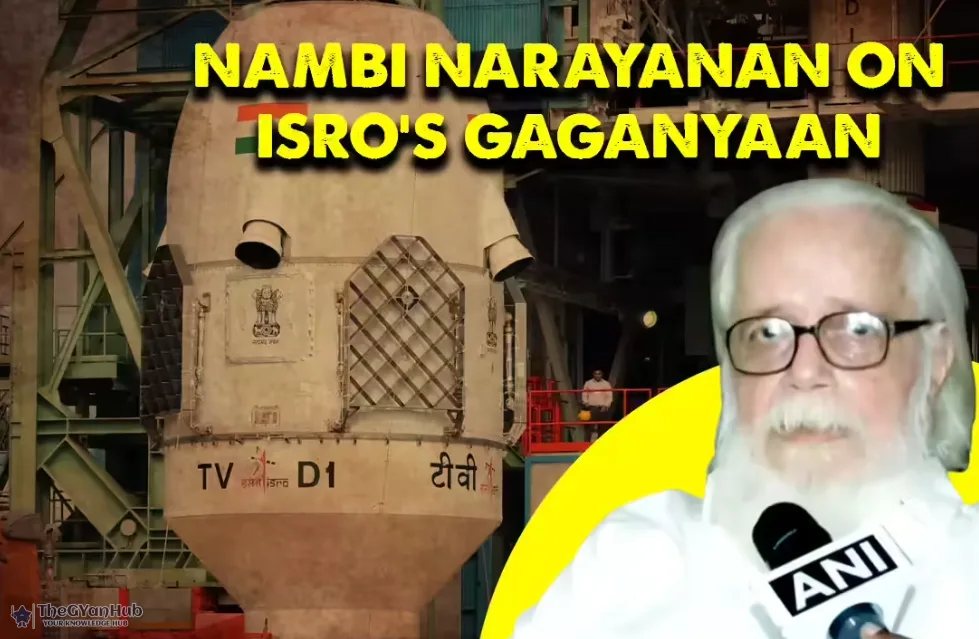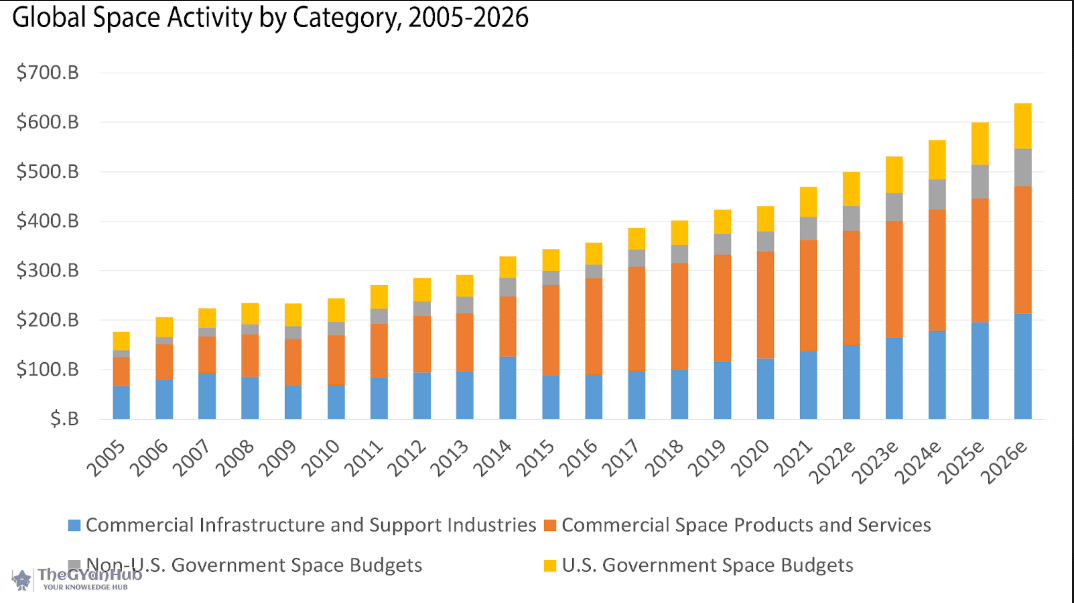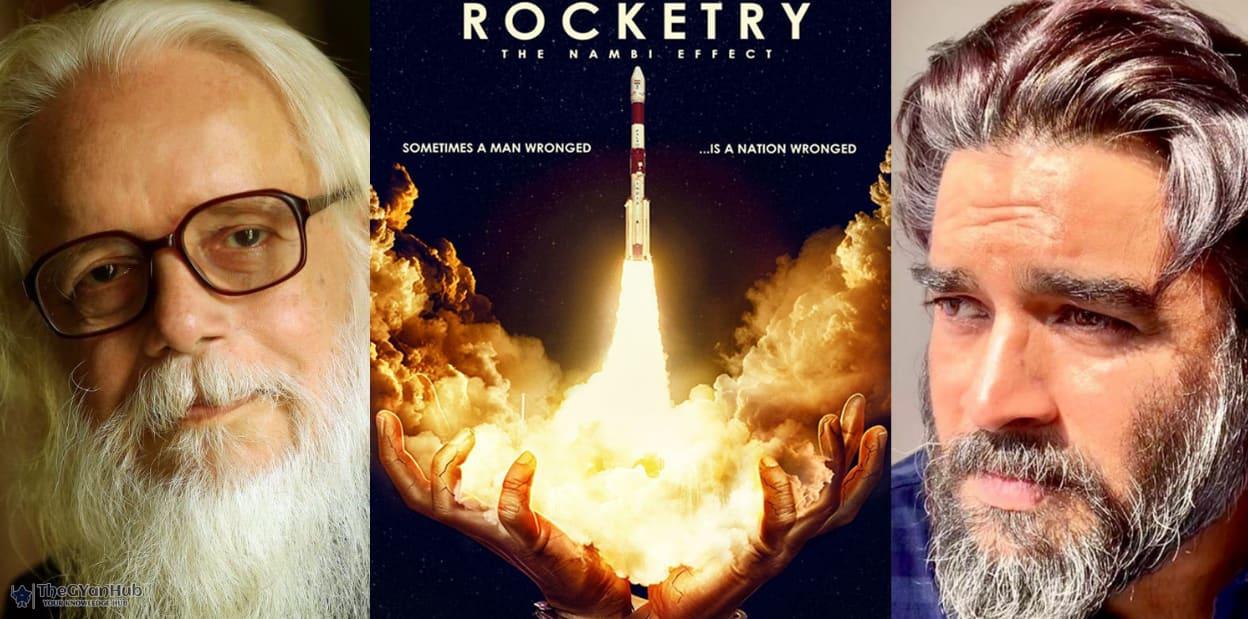I’m a passionate writer who loves exploring ideas, sharing stories, and connecting with readers through meaningful content.I’m dedicated to sharing insights and stories that make readers think, feel, and discover something new.
Funding's Effect on India's Space Technology
Nambi Narayanan, a former ISRO scientist, highlighted in a recent interview how important funding is to India's advancement and uptake of space technology. He noted that a significant obstacle impeding advancement and innovation in the field has been a lack of funding.

ISRO scientist Nambi Narayanan speaking at a conference
ISRO's Obstacles
Due to a lack of funding, India's top space agency, ISRO, has encountered many difficulties. These difficulties have impacted India's capacity to compete globally as well as the rate of technological advancement. Even though ISRO has made great progress, Narayanan clarified that the lack of sufficient funding has frequently caused project schedule delays and limited the scope of possible innovations.
Despite these obstacles, ISRO has accomplished amazing things like the Chandrayaan and Mars Orbiter missions. But according to Narayanan, the agency could have produced even more ground-breaking outcomes with greater funding.
The Worldwide Setting
India has made relatively small investments in space technology when compared to other nations with strong space programs. Large budgets are given to space agencies by nations like the US, Russia, and China, allowing them to advance space exploration and technology.

Comparison of global space agency budgets
Narayanan emphasized that more money and support for ISRO are essential if India is to keep and improve its standing in the international space race. In addition to advancing technology, this would fortify India's economic and strategic interests.
Gazing Ahead
Narayanan proposes a multifaceted strategy to address these funding issues. This entails raising government funding, promoting international cooperation, and cultivating public-private partnerships. India can guarantee a more robust and sustainable space program by diversifying its funding sources.
Narayanan also emphasized the value of investing in R&D and developing young talent. India can develop a new generation of engineers and scientists who will propel future advancements in space technology by doing this.
In conclusion
In conclusion, even though ISRO has made great progress in spite of financial limitations, more funding is clearly required. India can realize its full potential in the space industry and open the door to a more promising future in space exploration and technology by resolving these funding concerns.
Further Reading
Related articles in this category

Oppo Find X9 Ultra and Vivo X300 Ultra: 200MP Cameras and More Leaked Ahead of March Launch
February 23, 2026
Recent leaks reveal exciting details about the Oppo Find X9 Ultra and Vivo X300 Ultra, including their impressive 200MP camera capabilities ahead of their anticipated March launch.

Xiaomi Pad 8 and Xiaomi 17 Ultra Set for India Debut on February 28
February 23, 2026
Xiaomi is set to launch its latest devices, the Xiaomi Pad 8 and Xiaomi 17 Ultra, in India on February 28. This highly anticipated event promises to unveil cutting-edge technology and features for consumers.

Exciting Launch Ahead: New Low-Cost MacBook and iPhone 17e Expected on March 4
February 22, 2026
Apple is set to unveil a new low-cost MacBook and the iPhone 17e on March 4, promising to make its innovative technology more accessible. Here's what we know so far about these anticipated products.






